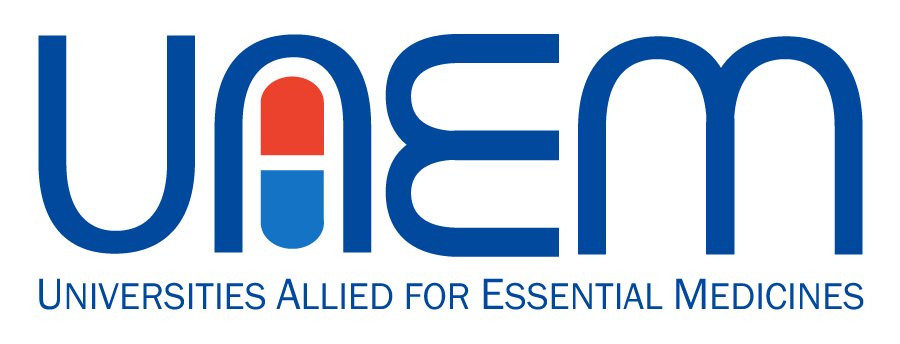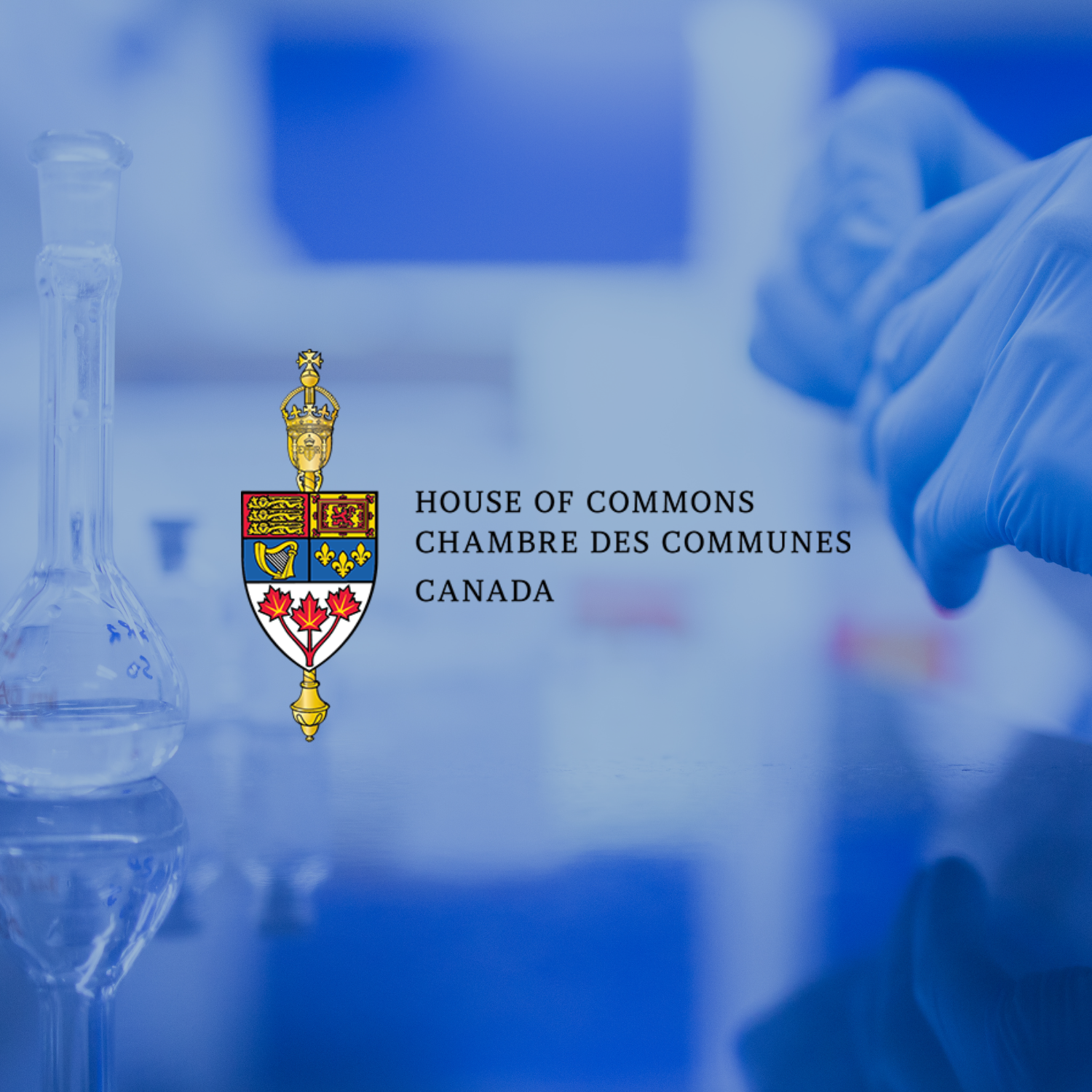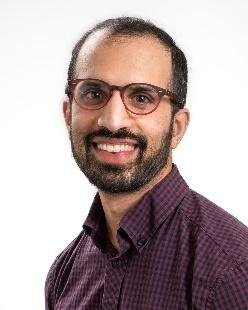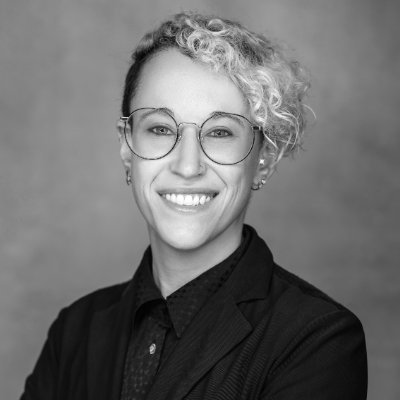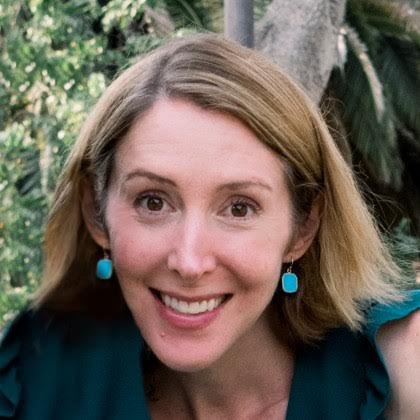UAEM North America
UAEM North America is made up of student members across the U.S. and Canada working to push their universities to lead the way in policies that allow access to essential medicines and to research diseases that will meet the world’s greatest needs.
Join us to become a student member, get in touch as an alumnus, or to get updates from our network.

Chapter Handbook - Join now for free!
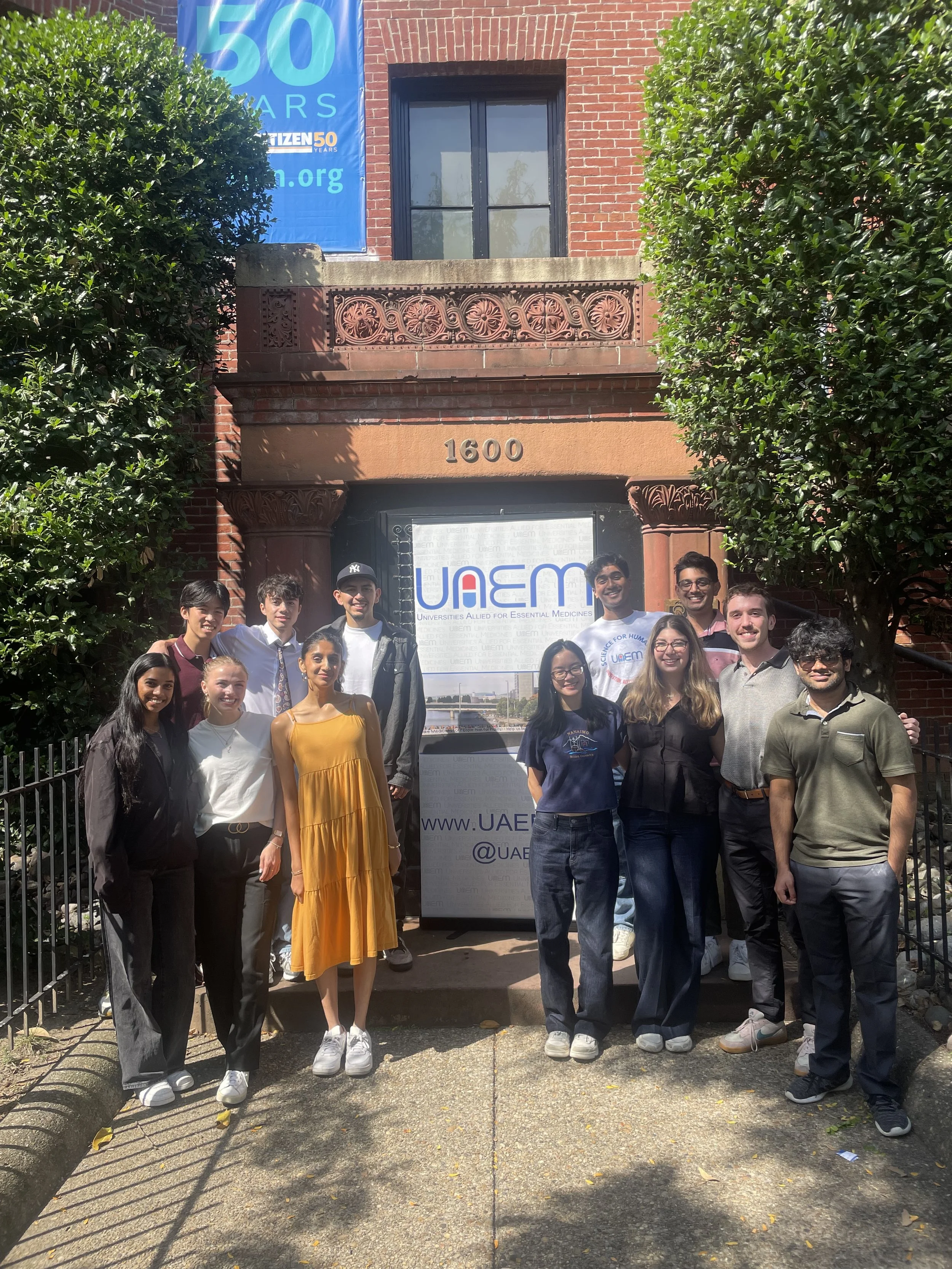
Log in today to the UAEM North America Handbook site to gain access to member-only information and more!
The Latest:
Resources
Leadership
-
The North America Coordinating Committee is a panel of UAEM student leaders who are responsible for shaping UAEM's work in North America as well as leading key projects throughout the course of the year.
-
The UAEM North America Board of Directors advises the direction of the organization, holds fiscal responsibility, and acts as advisors to student-led campaigns. It is our core governing body, and is guided by our bylaws.
-
A chapter is the basic unit of UAEM’s organization. It is a group of self-organized students and in some cases, young professionals, primarily based at an academic institution, often with faculty support. Chapters range in size, from more intimate groups of 2 or 3, to larger gatherings of around 30 or more students.
In North America, chapters organize on a national and international level, having virtual and physical meetings to collaborate on activities.
You can find your chapter on our chapter locator tool, here.
UAEM North America is made up of various leadership teams and bodies that serve our mission, vision, and values.
Cassidy joined UAEM North America as Program Manager in June 2025. Prior to joining UAEM, Cassidy was a Program Associate in the Center for Global Health Policy and Politics at the O’Neill Institute for National and Global Health Law, where she worked on access to health innovations and led program operations and communication. Previously, Cassidy worked on drug pricing and access to medicines within Public Citizen’s Access to Medicines team. She currently serves on the Board of the Global Surgery Student Alliance. Cassidy received an MSc in Global Health Policy from the University of Edinburgh, where her research focused on access to medicines and intellectual property within the United States-Mexico-Canada Agreement. She holds a B.B.A. in Finance from Baylor University.
An Access to Medicines advocate since his undergraduate days in 2010, Justin brings 15 years of movement experience as the executive director of UAEM North America. Before joining UAEM North America as Executive Director in April 2023, Justin led Partners In Health's efforts on domestic policy and advocacy strategy, where he worked on legislative policy changes like the American Rescue Plan Act and advocated for a rational COVID-19 response. Previously, Justin worked on health care priorities with Families USA and Public Citizen in Washington D.C., focused on lowering drug prices, taking on pharmaceutical patent overreach, expanding health care coverage, and lowering underlying health care costs. Justin holds an MPH in Health Policy from Yale University and a B.S. in biomedical sciences and neuroscience from Central Michigan University. As a student, he led UAEM chapters at both universities and served on the UAEM North America Coordinating Committee and Board of Directors.
UAEM North America Coordinating Committee
The North America Coordinating Committee is a panel of UAEM student and alumni leaders who are responsible for shaping UAEM's work in North America as well as leading key projects throughout the course of the year.
UAEM North America Board of Directors
The UAEM North America Board of Directors advises the direction of the organization, holds fiscal responsibility, and acts as advisors to student-led campaigns. It is our core governing body, and is guided by our bylaws.
